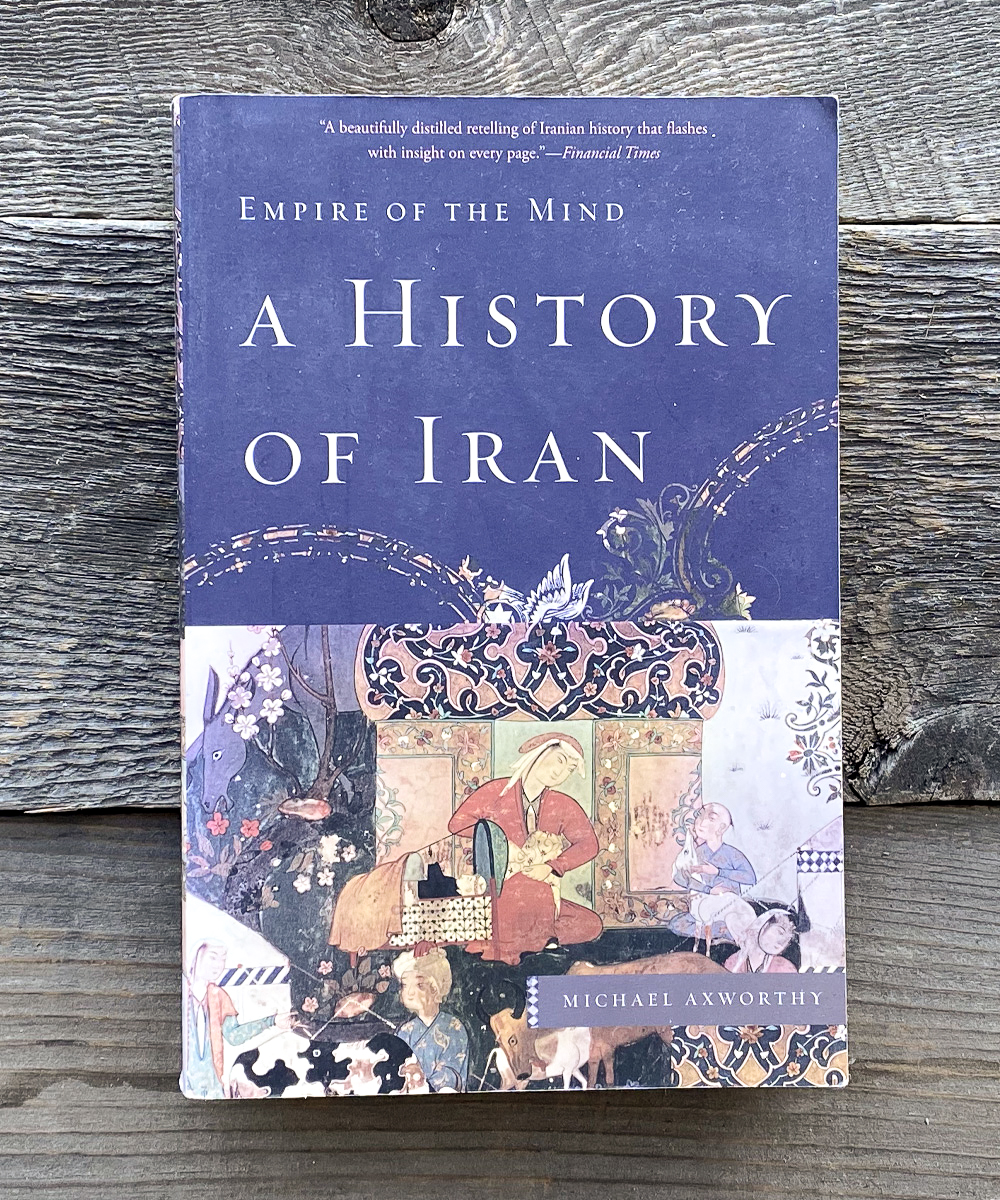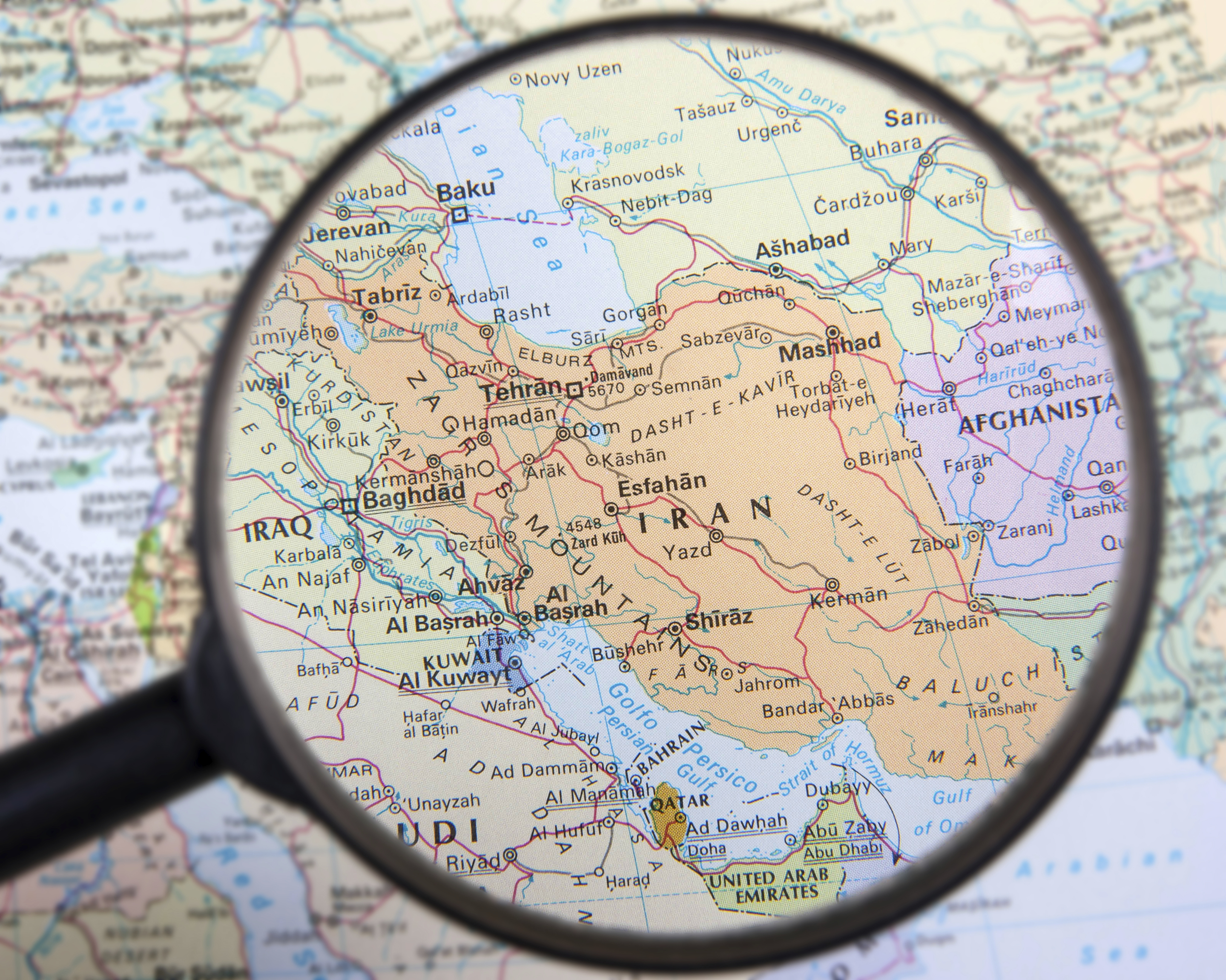
Of course, Qur'anic language condemning "idol-worshippers" provided ideological support to Muslims competing with Buddhists for economic advantages. Much of the Silk Road economy was in the hands of Buddhist traders and the monasteries they supported along the way, so they were the direct competitors of Muslim traders from the 7th century onwards. The region that is now Afghanistan seems to have been mainly Buddhist on the eve of the Muslim conquests in the 7th century CE.

How strong was Buddhism in what is now Afghanistan and when did it die out? There has been a lot of interest lately in Buddhism in Central Asia, mostly because of the destruction of Buddhist statues by the Taleban in Bamiyan. In Islamic times the lingua franca became Persian. Was there a lingua franca on the Silk Road?ĭuring the ancient period the main lingua franca was Soghdian, an Iranian language which survives today in the Yaghnob valley of Tajikistan. There is no evidence that pre-modern Asians conceived of this trade network in such a unified way. He used it to refer to a loose network of pre-modern overland trade routes, which at their major points of activity during the Roman-Han and Mongol periods, stretched from the Mediterranean to East Asia. The term was coined by a German explorer, Ferdinand von Richtofen, during the late 19th century. In addition to his expertise on religious traditions along the Silk Road, Professor Foltz's research interests include the intersection of Islam and ecology, as well as environmental ethics and the relationship between Iran and South Asia.Īsia Society spoke with the author in anticipation of his participation in the Asia Society and Museum's November 9-10, 2001 symposium "Nomads, Traders and Holy Men Along China's Silk Road".Ĭan you discuss the origins of the term Silk Road? When did the term arise and what geographic regions did it describe? Was the Silk Road ever a coherent path?



He is the author of several books and articles including Religions of the Silk Road, Mughal India and Central Asia, and Conversations with Emperor Jahangir. Foltz is an Assistant Professor in the Department of Religion at the University of Florida.


 0 kommentar(er)
0 kommentar(er)
